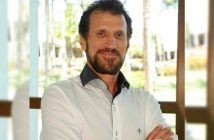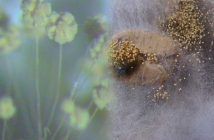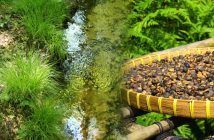There are already over 1500 points of sale throughout Brazil, in addition to a US supermarket chain, Seabra Foods. the next step is to transform Coffee ++ into the first international brand of Brazilian specialty coffees and open physical stores that will operate as a space for sensory experimentation
Launched shortly before the start of the coronavirus, the specialty coffee e-commerce Coffee ++ (visit website), run by Leonardo Montesanto Tavares and his partners Pedro Brás and Rafael Terra, all internationally awarded specialty coffee producers, was created with the mission of offering to Brazilians the best specialty coffees, many of them awarded in the Cup of Excellence. These coffees were invariably exported, thanks to the high prices they achieved in competitions. As a result, Brazilians did not have the chance to taste them. When they created e-commerce, they started offering very special coffees in the domestic market.
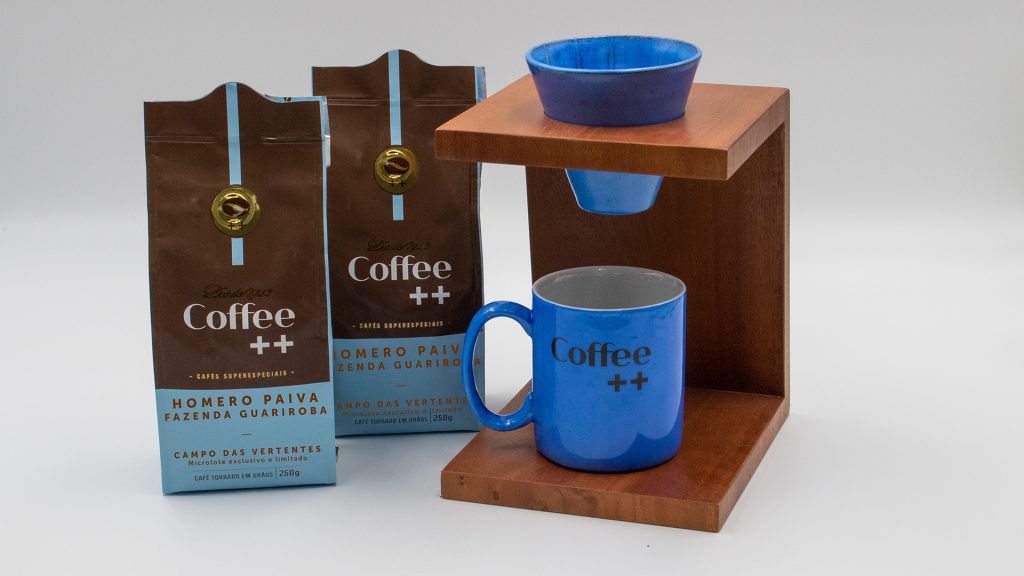
Now, Coffee ++ brand coffees – which is already registered worldwide – can also be found in over 1500 points of sale throughout Brazil and also in the American supermarket, Seabra Foods, which operates in the states of Florida , New Jersey and New York, whose owner, Antônio Seabra, is of Portuguese descent. “We are going to transform Coffee ++ into the first international brand of specialty coffee in Brazil; we have already sent the first container there. Everything was designed for this, including its packaging, with the colors of our flag, which can be recognized from afar on supermarket shelves,” says Leonardo. At first, they will only sell Brazilian coffees. Afterwards, they will have other origins, because the international market is eager for that. “I argue that in here, we have all the terroirs in the world, but buyers don’t understand it that way. So, in order to be global, you must have African coffee, Central America coffee etc.,” he explains.
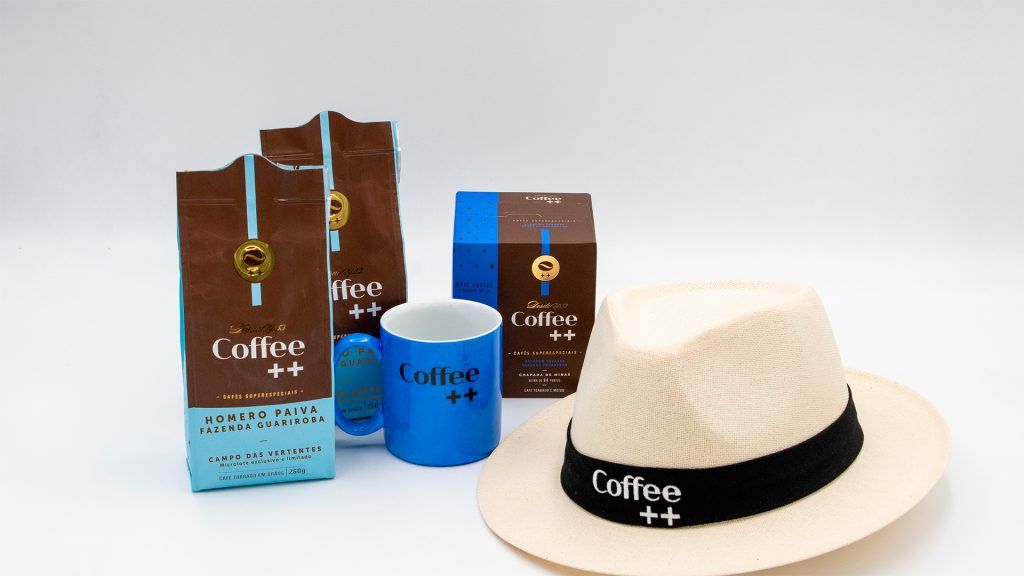
Europe will be a future target. “We are going to see what happens in the US first, spend a lot of saliva there, learn from our mistakes and then embark towards Europe, which is another world,” argues the businessman.
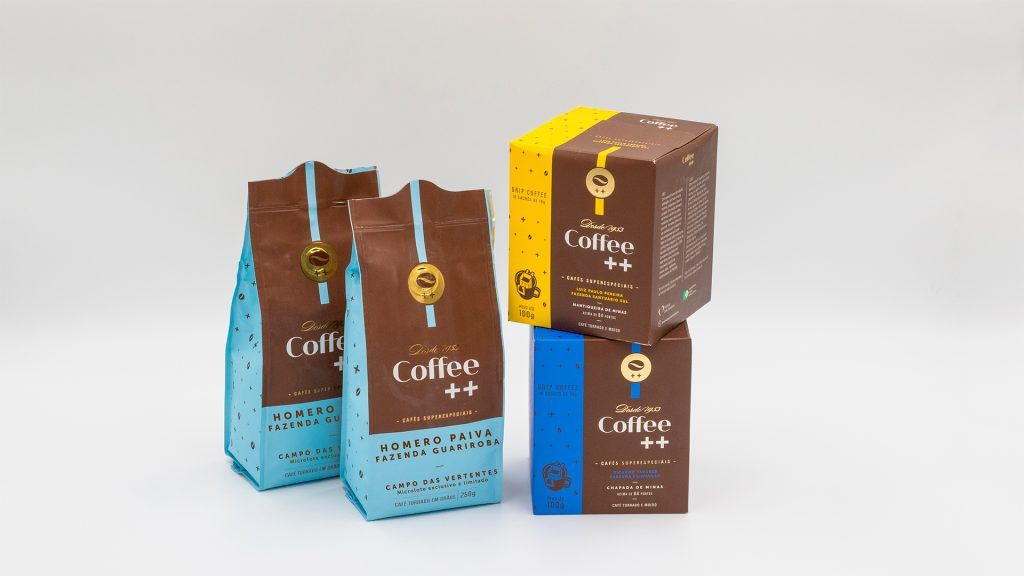
Before that, Leonardo and his partners wish to start the process of opening some physical stores, starting in Belo Horizonte, which are more than that: “they will be experience points where I want to take the daily life from the farm to the center of capitals. I don’t know if it’s very utopian, but the idea is to set up mini-farms to show all the coffee production, what the suspended terrace and the dryer are, all in a playful way. And, if consumers want, they can buy coffees and products aimed at the universe of coffee-lovers,” he confides.
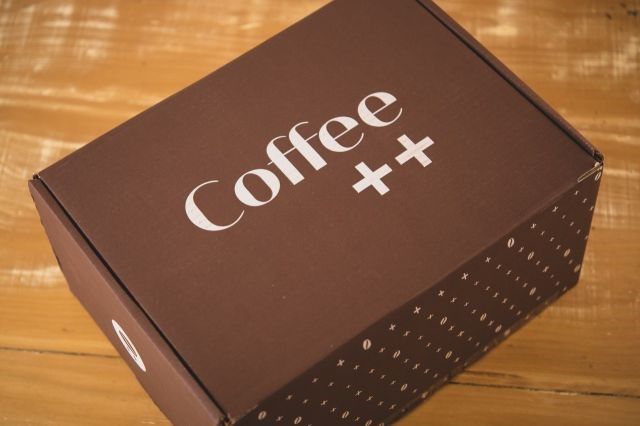
For 2022, they intend to triple the size based on e-commerce sales and significantly increase sales at fixed points in Brazil. “The country is huge, as we have 20 million points of sale and there is still a lot of work to be done,” he concludes.
Creation of Coffee ++
Leonardo makes a point of remembering that it all started with his grandfather, Aprígio Tavares Jr., a coffee merchant in the city of Ponte Nova, Minas Gerais. “My grandfather used to sell coffee from farms in the region to 3Corações in the 50s and 80s of the last century. The company was in very bad financial shape and all of my grandfather’s money was stuck there because of the money he did not receive for sales made. So, he started to manage the bankruptcy of 3Corações and to run the factory, along with my father and his uncles. In 2000, they sold the brand to an Israeli company, Strauss-Elite, which currently owns it, together with São Miguel Holding, owned by Pedro Lima, owner of 3Corações’s Café Santa Clara.
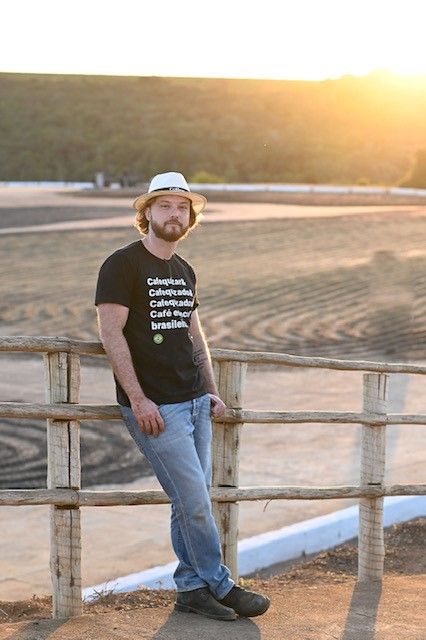
Since then, the Montesanto Tavares Group has been operating in all coffee chains: production, logistics, storage, export and import, with the following holding companies: Atlântica Coffee (commercial coffee), Cafebrás (specialty coffee) and Ally Coffee (headquartered at Switzerland, it only trades internationally highly rated specialty coffees), InterBrasil Coffee, Armazéns Leste de Minas, Atlântica Agro and the Rio de Janeiro, Matilde, Primavera and Instituto Café Solidário farms.
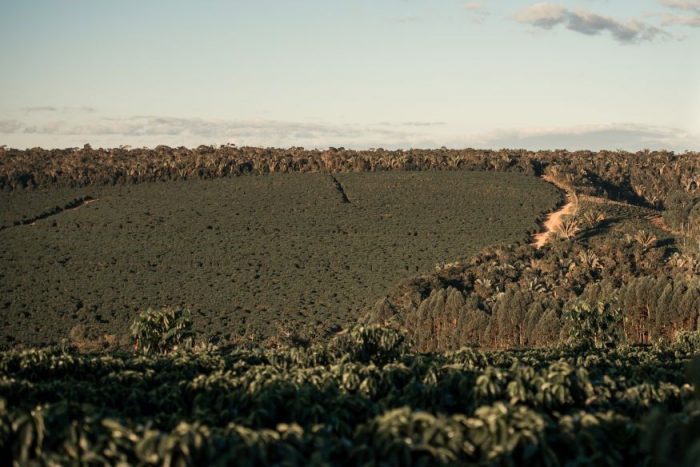
Before creating Coffee ++ with his partners, Leonardo managed the family’s five farms, including Primavera. “I started looking at production in a different way. I realized that the production of specialty coffees is very similar to that of wine.
Catuaí currently accounts for almost 60% of the coffee sector in Brazil. It is a species that was developed in the laboratory and does well at different altitudes, from 600 to 1400 meters.
Until, in 2015, I started visiting the best farms in Central America, learning what they did with the fruit after harvest. And it was amazing. We weren’t concerned with making quality. I even used to go about three times a year to Panama and Colombia. The result of all these trips is that I planted more than 30 different varieties, seeking to reach a new sensorial level for Brazilian specialty coffee. I started to implement the most promising new varieties and, in 2018, I had my first crop. And, that year, the variety that stood out the most was the Gueisha, whose price per bag reached US$ 19 thousand. It was with this coffee that I won the Cup of Excellence that year, as well as the Best Coffee in Brazil Award,” he completes.
At the 2019 SIC, Leonardo thought about how Brazilians could also consume award-winning specialty coffees and came up with the idea of e-commerce. “I invited my partners, who are also awarded producers and voilà: we created Coffee ++, not without first letting my father know we would resign,” he concludes.

